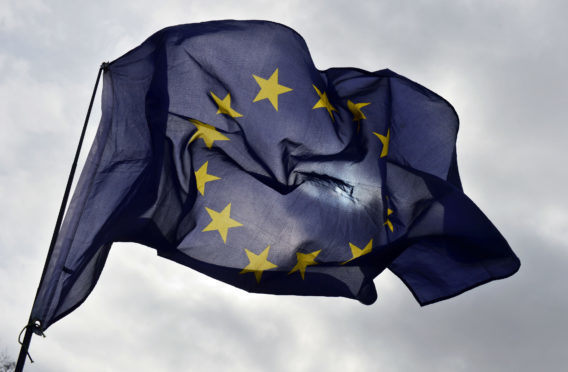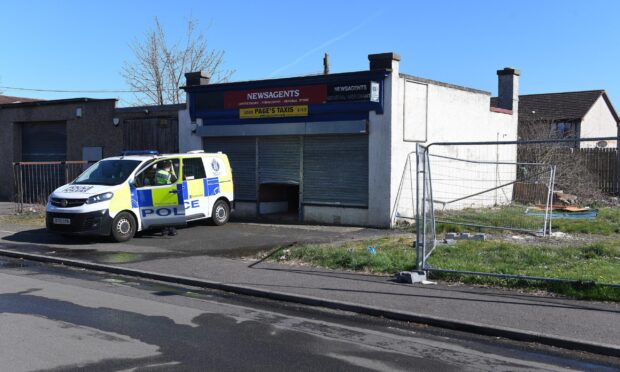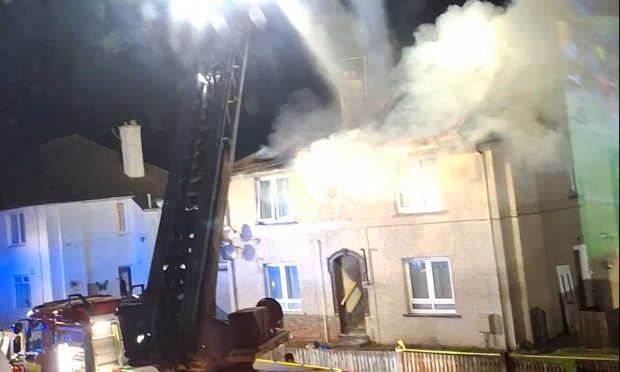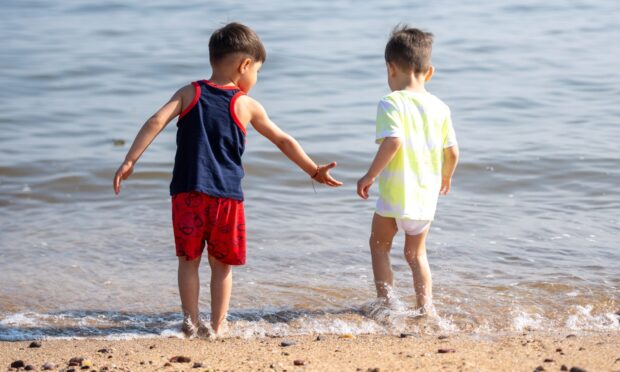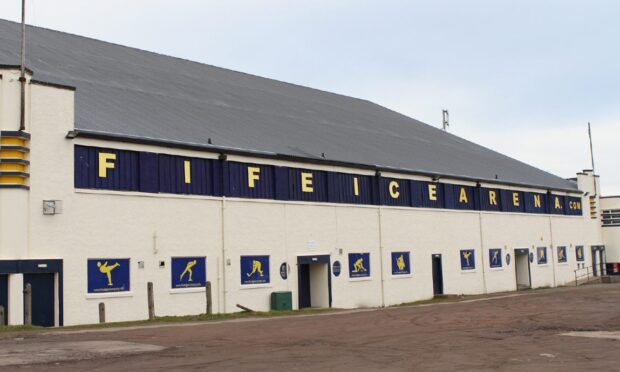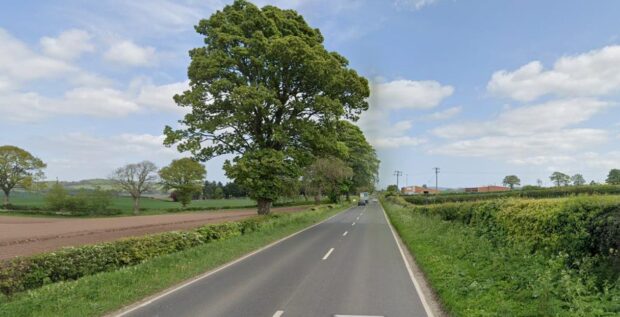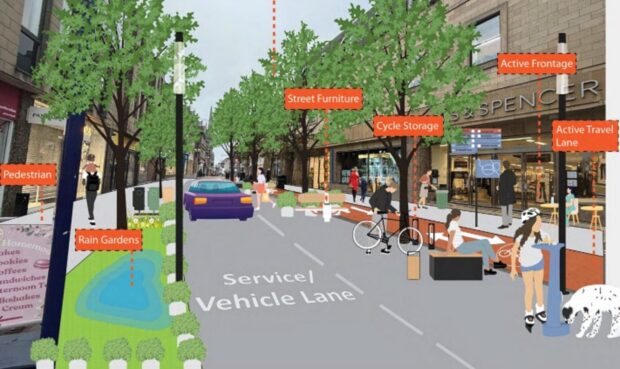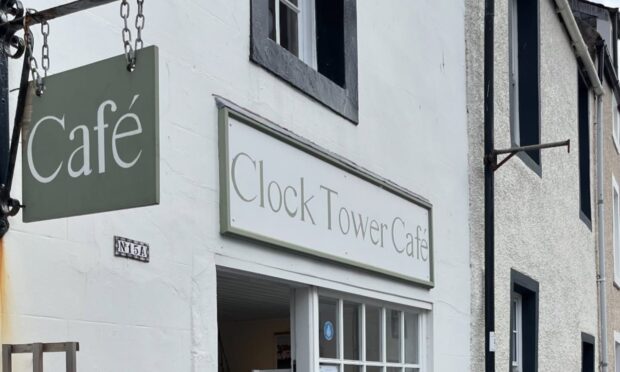When one goes into a KFC branch looking for chicken, you expect to be offered chicken.
Unless you were in Kirkcaldy last week right enough.
Which is the neatest segue I can think of into discussing the thorny issue of Brexit.
Like it or not, it appears those hell-bent on taking the country out of the EU spun some lies and mistruths to achieve that goal, and campaign pledges such as the extra £350 million for the NHS were literally not worth the bus they were written on within hours of the dust settling.
Months down the line, we’re not really any closer to finding out what a post-Brexit society is actually going to look like, although it was reassuring to hear David Davis insist that the UK wouldn’t descend into a “Mad Max-style world borrowed from dystopian fiction”. Thank heavens for small mercies.
Jokes aside though, it is nothing short of criminal to have people facing such continued uncertainty – regardless of what the referendum outcome was.
It was uncomfortable viewing for me on Tuesday to have to see three Fife migrants try to articulate their fears about the future and talk about the prospect of becoming “second category citizens” because of Brexit, with little or no reassurance forthcoming from Westminster about the impact it will have on them. That hasn’t been forthcoming because they don’t know themselves what will happen.
The trio, giving evidence to the Scottish Affairs Committee immigration inquiry, came from different parts of the world but had settled in Scotland several years ago and were all making significant contributions to society.
They were all married, some of them had young children, but the real common denominator was that all of them call the Kingdom home.
Yet all three now have a cloud over their heads and are in a limbo not of their own creation. Pitifully, thousands more are in the same boat.
I respect the result of the Brexit vote, I really do, but what I can’t respect is how the people directly affected have been treated up to now.
Whether you like them or loathe them, migrants don’t know what arrangements are going to be in place, whether they will be able to stay and continue working and learning, what barriers Brexit will create, and how much it’s going to cost them — literally and figuratively.
That, to me, is completely unacceptable.
As committee chair Pete Wishart rightly pointed out, in among the to-ing and fro-ing of negotiations, the powers-that-be should not lose sight of the human impact these decisions will have.
